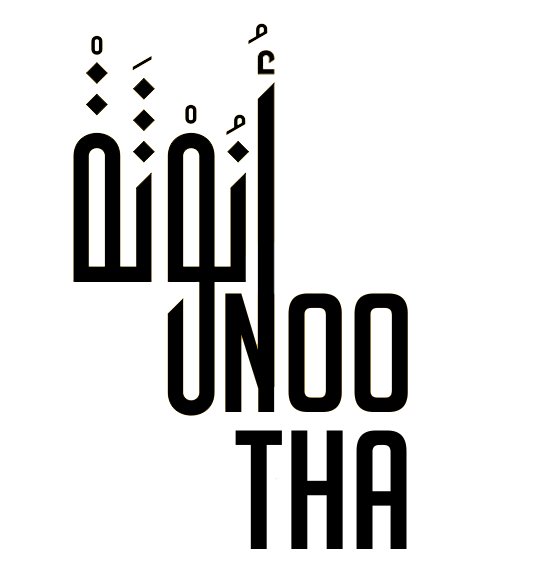Deciphering The Language of Gibran
Reading Gibran Khalil Gibran’s words feels like falling in love. Indulging in the rhythmic silence of his work equates to an eternal season of summer. If you were to close your eyes and listen to the recitation of his words in Arabic, you’d hear not the words but a melodious tune; the qafs, lams and jeems dance in unison to birth poetry.
I came across the following excerpt while reading Gibran’s The Prophet, a chapter on beauty:
“People of Orphalese, beauty is life when life unveils her holy face. But you are life and you are the veil. Beauty is eternity gazing at itself in the mirror. But you are eternity and you are the mirror.”
Here, Gibran provides a description of beauty that is rich in meaning. I haven’t read many of his books, but from the ones I have, I figured that his tone tends to be coated with a degree of vulnerability, and oscillates between ambiguity and certainty. In one of his novels, Broken Wings, Gibran portrays himself as a fragile man, while putting forth proclamations that are bold and daring – he spoke his mind. This asset in particular drew me to his work and eventually led me to The Prophet, where I learned that joy can coexist with misery in a writer’s work, perhaps in a writer’s life. Love with frustration, vulnerability with strength, ambiguity with certainty and so on.
The excerpt above resonated with me and provoked a horizon of possible interpretations. Gibran attempts to challenge the dogmas of beauty by explaining his own. Different perceptions of beauty were proposed by different people, yet Gibran dismantles the complex notion of it into a simpler explanation: the various perceptions are nothing but desires, and as cheesy as it sounds, beauty is found within oneself. He invites his readers to contemplate inner beauty by drawing a comparison between the beauty that emanates from within and eternity. While external looks may change, inner beauty remains constant.
According to Gibran, the reason we resort to the corrupt image of beauty is to fulfill our worldly desires and cravings, when in reality true beauty lies in the gratitude and contentment of the soul. Our existence is eventually reduced to nothing but a vast emptiness, therefore, everlasting perfection belongs to God. The presence of life, health, passion, and intelligence is beauty in itself, and Gibran encourages us to see that. We must allow ourselves to indulge in its holy presence.
“Beauty shall rise with the dawn from the east….
She shall come with the spring leaping upon the hills.”
The author of this piece has requested to remain anonymous.

